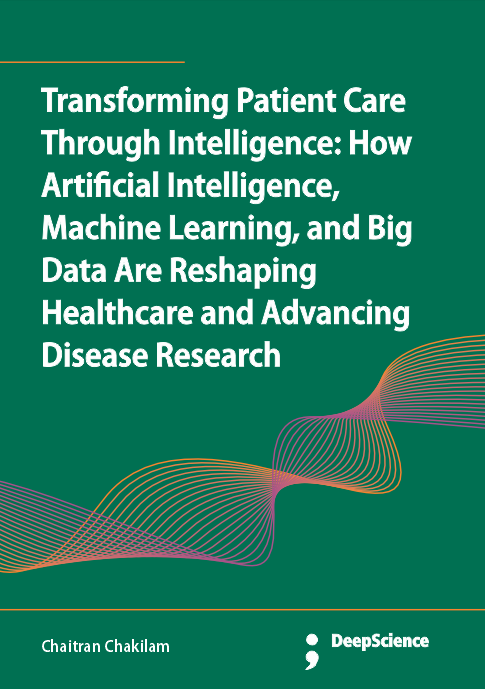Redefining modern healthcare by integrating artificial intelligence into patient-centered care systems
Synopsis
The transformation of our world through technology is continual, challenging society in countless ways and offering extraordinary benefits. With modern healthcare, like any other field, the possibilities of new intelligent solutions co-evolve with the complexity of choices to be made. Artificial intelligence (AI) in all its forms and applications, in interaction with robotics or embedded in other technologies, is at the forefront of the technical innovations that offer new options for improved care and quality of life or that, eventually, will raise concerns not only about privacy (Wang et al., 2019; Brown & Elenitoba-Johnson, 2020; Shaik et al., 2023). Others might introduce more subtle interferences in the decision process between physicians and patients, than the ones we know today. Modern health systems, based to a large extent on the care of acute cases (whether they relate to diseases or to injuries), are nevertheless part of an industrial era paradigm, and it is more and more recognized that they have to be profoundly changed, driven mainly by the needs of an aging population, by the increase in chronic diseases and by changing expectations about care quality.
The integration of AI technologies is seen as a key to creating new patient-centered care systems. AI systems can reason, learn, predict, and help to make decisions, based on structured, and increasingly unstructured, data. They can interact in natural language, with vision, and with hearing. Health professionals are naturally interested in tools of such a nature to help them provide a better quality of care. Patient expectations, on the other hand, not surprisingly, favor care organizations that are more responsive to their individual needs and that provide a more personalized or at least sympathetic attention. However, the pathways to designing and introducing such innovative systems are numerous, some being still unknown. Artificial Intelligence, in many of its forms and applications, will likely have a fundamental role. Automated reasoning engines can guide subtle modifications in treatment plans and help in the choice of care paths that better fit specific personal or clinical constraints of the patient. Generally, altogether with robotics, AI technologies offer a plethora of opportunities to optimize diagnosis, treatment and follow-up of individual cases and pave the way to the design of predictive health systems.












